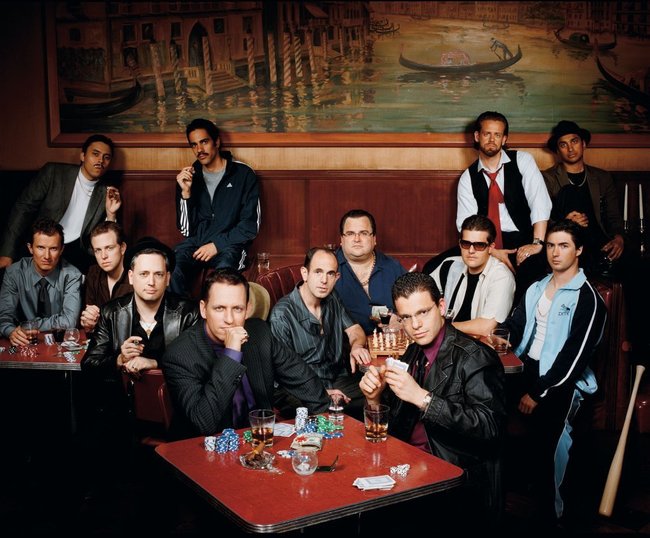Characteristics of “High Reliability Organizations”
Tom Tunguz, venture capitalist for Redpoint and one of the more informative writers on SaaS businesses, shared this post “The Importance Of Mindfulness When Managing A Startup” on his blog:
Crisis in startups is inevitable. Products break, deadlines are missed, legal issues arise, customers raise issue, employees quit, bad press circulates. To survive, founders and management teams have to respond well and quickly. In Managing The Unexpected, two University of Michigan Professors examine the characteristics and behaviors of great teams during crisis. Factory workers, miners, fire fighters, aircraft carrier flight deck hands, railroad operators and many others.
The authors call these teams HROs for High Reliability Organizations. HROs are distinguished by an ability to handle novel, risky situations. HROs combine distinct values and a certain type of leadership.
At their core, all of these teams embody mindfulness, means five things:
- Preoccupation with failure - a burning desire to learn from mistakes to prevent future ones.
- Reluctance to simplify interpretations - employing brutal intellectual honesty in their cultures.
- Sensitivity to crisis - being ready to identify and respond to a crisis.
- Commitment to resilience - building a team that is excited to handle and bounce back from crisis.
- Deference to expertise - respect insights about the business from “experts” within the irrespective of their seniority or lack thereof.
These are great values for startups to inculcate in their cultures and hiring processes. Startup company building means rapid product and business experimentation. Moving that fast means the team is bound to break things. The company must be built to absorb, react, recover and learn.
It reminded me very much of the infamous PayPal Mafia (pictured above), which was the breeding ground of some of the most hyperintellectual super-competitive serial entrepreneurs that shaped Silicon Valley today. From PayPal stemmed LinkedIn, Yelp, Youtube, Palantir, Founders Fund, Yammer, SpaceX, Tesla, and Glow just to name a few.
What was unique about it was even though the people inside sometimes drove each other crazy, they respected each other, as they knew they were fighting because they want the same things. Per Max Levchin, previous co-founder and CTO of PayPal said:
People who are smart and energetic are often angry. Not at each other, usually. Rather, they’re angry that we’re “not there yet,” i.e. that they have to solve x when they should be working on some greater problem y. Disharmony at PayPal was actually a side effect of very healthy dynamics.
If people complain about people behind each other’s backs, you have a problem. If people don’t trust each other to do good work, you have a problem. But if people know that their teammates are going to deliver, you’re good. Even if they are all calling each other idiots…Even though people would physically fight on the engineering room floor, if you ever asked PayPal people if they respected each other, the answer was obvious. For a very long time, everyone believed in everyone else.
In short, brutal intellectual honesty, preparation for crisis, respect for actual expertise, resilience, and learning from mistakes—these are what makes high-functioning and reliable teams.
